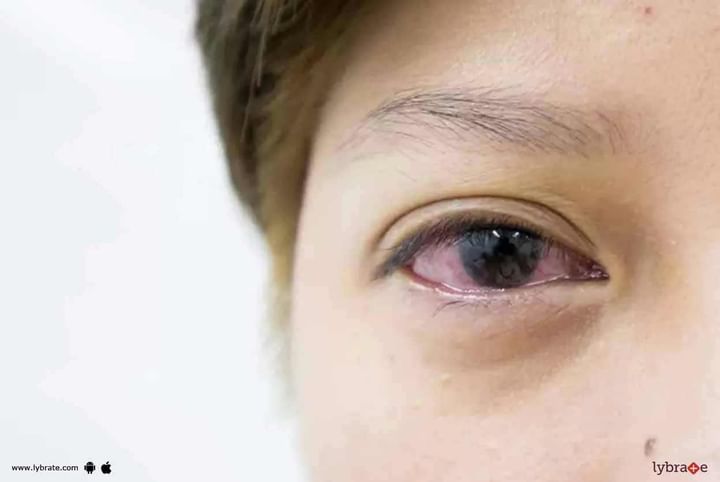What Is Dilation Eye Exam? Why Is It Important?
Pupil dilation or dilated eyes simply mean a widening of the pupils. If you go for a comprehensive eye exam, your doctor will most probably conduct a dilated eye exam by using a special magnifying glass to observe the retina, optic nerve and the macula that is responsible for your normal vision clarity and colour vision.
How is it done?
The doctor will closely inspect each eye to detect any signs of common vision problems. He/she will put drops in each eye to widen the pupil (the coloured part of your eye). Dilation usually takes 15-30 minutes. This will allow more light to enter the eye that enables the doctor to examine wider area of the back of the eye clearly.
Why is the test important?
A dilated eye examination is very important to understand the condition of the eyes- whether there is any damage; to prevent future problems; manage early signs of the disease, and to treat it.
What problems can it detect?
• Glaucoma dilation assists in a detailed biomicroscopic examination of optic nerve head. Any change in the shape, colour or thickness of the optic nerve rim indicates damage to the nerves. Since nerve damage is irreversible, early detection allows for prolongation of good vision.
• Diabetic retinopathy - Any swelling or leaking in the retinal blood vessel or abnormal growth of blood vessels in the retina points to this diabetic eye disease. This can lead to blindness. It occurs in people diagnosed with Type 1 and 2 diabetes.
• Age-related macular degeneration - If there are yellow pigments or deposits called drusen at the back of the retina, it can cause degeneration of the macula. This affects the sharpness of your vision. However, this disease, generally, occurs in people aged 50 and up. Occasional patient may progress to wet form of degeneration with a membrane of new fragile blood vessels forming beneath retina which bleed and leak causing decrease in central vision.
• Retinal detachment - The retina at the back of the eye separates from the underlying tissue. Its risk factors are myopia, previous history of trauma to eye, or eye surgery, a family history of RD etc or it can happen spontaneously. The common symptoms are increase in number of floaters, flashes of light, feeling of a black veil blocking ur vision etc. A routine examination helps evaluation the peripheral retina to see if there exist any peripheral retina break or tear or any degeneration that may cause a break some of which can progress to a retinal detachment.
• Hypertensive retinopathy - Retinal blood vessels are damaged due to high blood pressure that obstructs blood circulation to the retina. More severe consequences are bleeding in the eye, blurred vision and even complete loss of vision.
• An ocular tumour and brain tumour- Abnormal growth of cells around the retina indicates the presence of an eye tumour. Sometimes changes in the optic nerve indicate presence of mass in brain.
Here are some things to consider-
• If you are 60 or you know someone aged 60, it is time to consider going for a comprehensive dilated eye examination.
• If you have Type 1 diabetes, you should get your eyes checked within 5 years of diagnosis to detect early signs of degeneration.
• If you are diabetic and you wish to have a baby, visit an eye doctor before you conceive or within the first trimester.
• When you go for the test, carry your sunglasses or ask for disposable glasses from the clinic. Your eyes will become sensitive to light due to the eye drops.
• Ask a friend to accompany you home after the test. The drops typically take 4-6 hours to wear off. It will definitely be a nuisance and dangerous for you to drive home alone.
Eye problems are common in people, especially in children and elderly. In most cases, problems relating to vision or eyesight are triggered due to an underlying condition or an infection. If left untreated, these can impede your daily activities. Therefore, it is advisable that you get yourself checked and opt for a dilation eye exam upon encountering symptoms like blurred vision, itchy/watery eyes, redness of the eyeballs, etc.



+1.svg)
